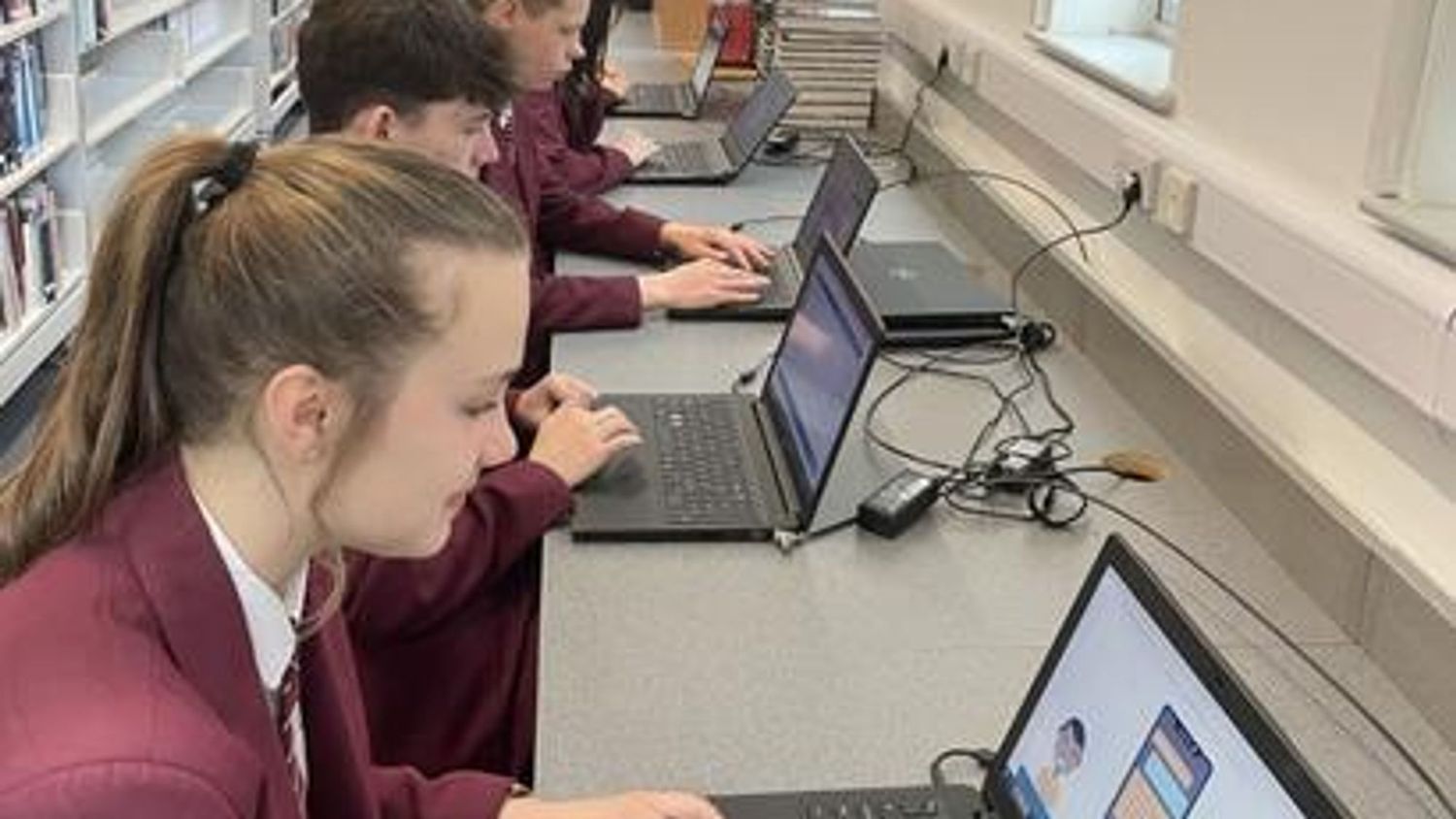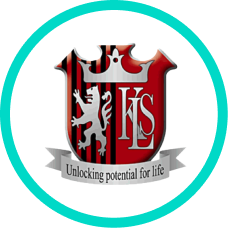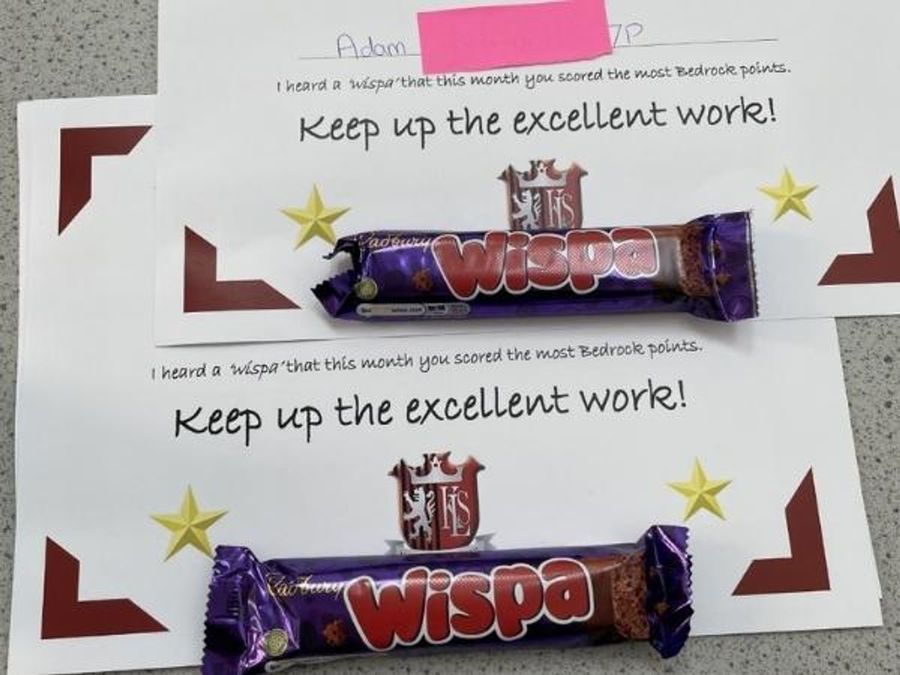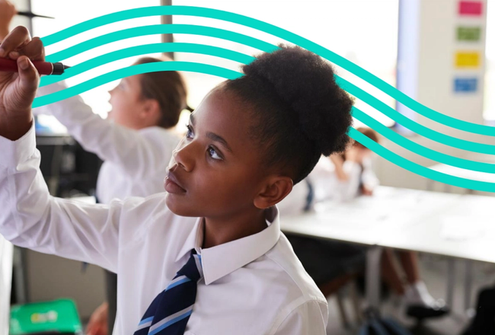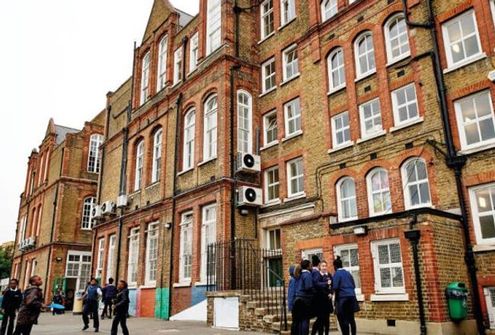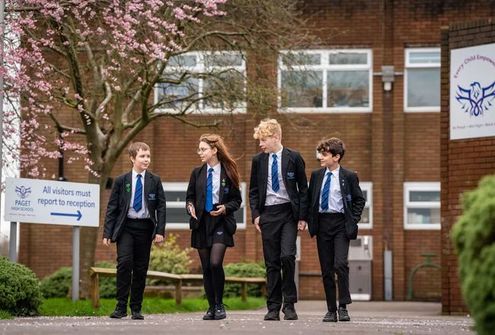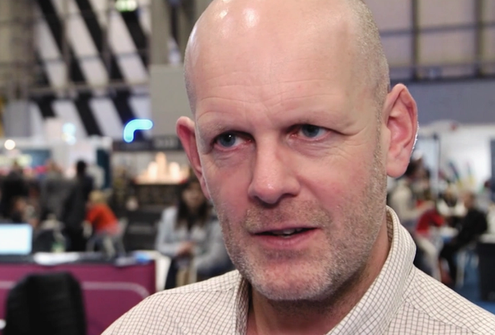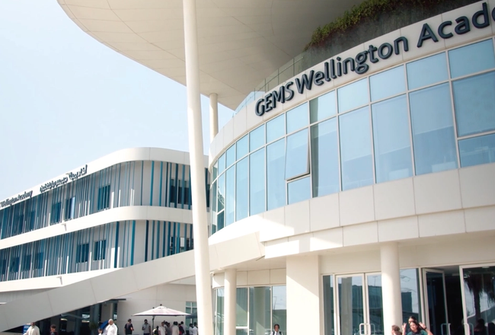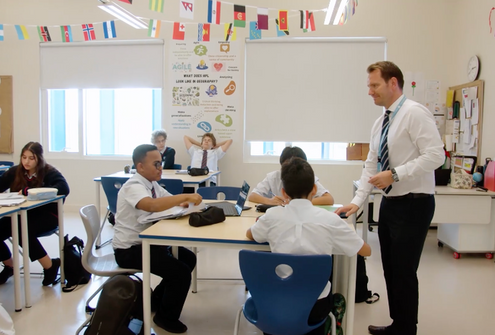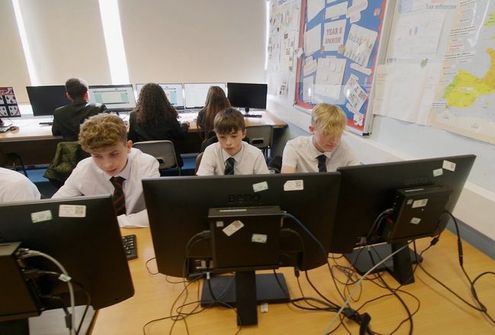3. Consistency is key!
To ensure all learners make the best use of Bedrock, we send a reminder every two days on how to log in and complete their Bedrock lessons for the week. We remind learners of any ongoing competitions and previous prize-winners to encourage engagement. This has been very successful so far and they have been engaging with it.
Another aspect of consistency I’m working on is consistency within the classroom. Different teachers integrate Bedrock reminders into their schedule in different ways. My plan is to learn from best practice at other Bedrock schools and experiment to see what works best at Kings Langley.
I'm also working with staff and middle leaders on creating a buzz around Bedrock across all subject areas (not just English!). Following a CPD I led on adding subject-specific curricula to Bedrock's Subject-specific curriculum, Mapper, subject leaders have already started planning it into their curriculum and homework for next year.
To ensure stakeholder buy-in, a number of Bedrock parent events have been hosted to ensure they understand and champion the programme. The key phrase "Have you done your Bedrock?" among parents suggests that Bedrock is becoming part of the fabric and ethos of the school.
Looking forward to the future…
Bedrock is now a whole-school strategy in the school development plan and thus is fully supported and backed by the Headteacher and SLT. Our school is in the early phases of implementing Bedrock, but we’ve definitely seen the improvement in oracy at our school. We would like to further this improvement across all subjects.
One of our priorities includes utilising Bedrock to go beyond improving writing skills. We want to use Bedrock to improve learners’ speaking skills also, achieving more parity between the vocabulary learners’ use in both forms.
We also aim to have every curriculum mapped on Bedrock Mapper to help with Tier 3 vocabulary acquisition, retention and usage.
Additionally, we hope to learn from other Bedrock schools’ success stories. We look forward to keeping up the momentum with Bedrock.
To summarise, here are three ways to harness the power of Bedrock and improve literacy at your school:
- Implementing a clear plan with centralised monitoring to ensure successful implementation
- Creating a culture around recognition and celebration of learners’ achievements to encourage learners’ engagement
- Consistency is key across all aspects of communications about Bedrock!
